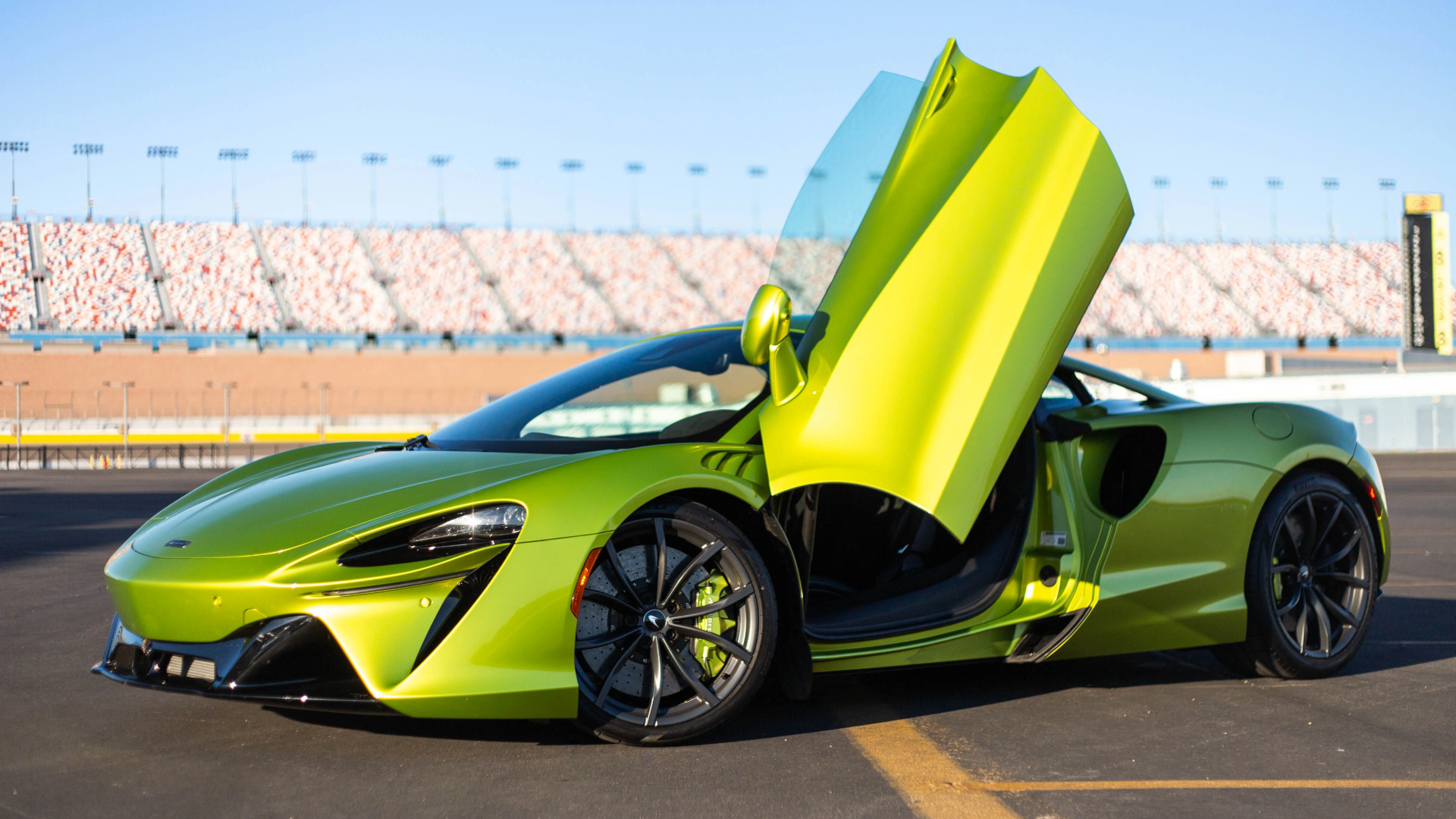

When it comes to the future of electric vehicles in performance applications, opinions differ greatly in the automotive world. As far as the CEO of McLaren is concerned, however, the world will have to wait a little while longer for true electric supercars that live up to the ethos of their gasoline-burning predecessors.
Michael Leiters, chief executive officer of McLaren Automotive, believes that current EV technology simply isn’t up to scratch for building proper supercars. “Weight is super important, you need also the right range,” Leiters told Bloomberg in a recent interview. “I don’t expect this technology to be ready for real supercars before the end of the decade.”

The basic argument put forth by Leiters is that a supercar should be powerful and light. While there are many high-powered EVs on the market today, they come with curb weights far in excess of what McLaren believes is fitting for a supercar. “We don’t want to do an electric car which weighs two tons and then has 2,000 horsepower,” said Leiters. The company prefers to wait until it can achieve a design closer to the 3,300-pound mark.
Leiters may have been making a subtle reference to the Rimac Nevera with those comments. The electric car boasts a mighty 1,888 horsepower from four motors and a decent electric range of 300 miles. That all comes with a tradeoff, though, in the form of weight. The Nevera weighs in at a hulking 5,100 pounds.
Weight has always been a priority for McLaren, even as many of its rivals have seen curb weights spiral ever higher in recent years. Cars like the McLaren P1 and 720S came in under 3,200 pounds, while the special-edition McLaren Senna was a featherweight at just 2,886 pounds.
As newer, lighter batteries become available, we could expect McLaren to get on board with an EV of its very own. Until then, though, it appears the British automaker would prefer to continue doing what it’s already doing well—turning gasoline into speed in the traditional fashion.
Got a tip? Let the author know: lewin@thedrive.com